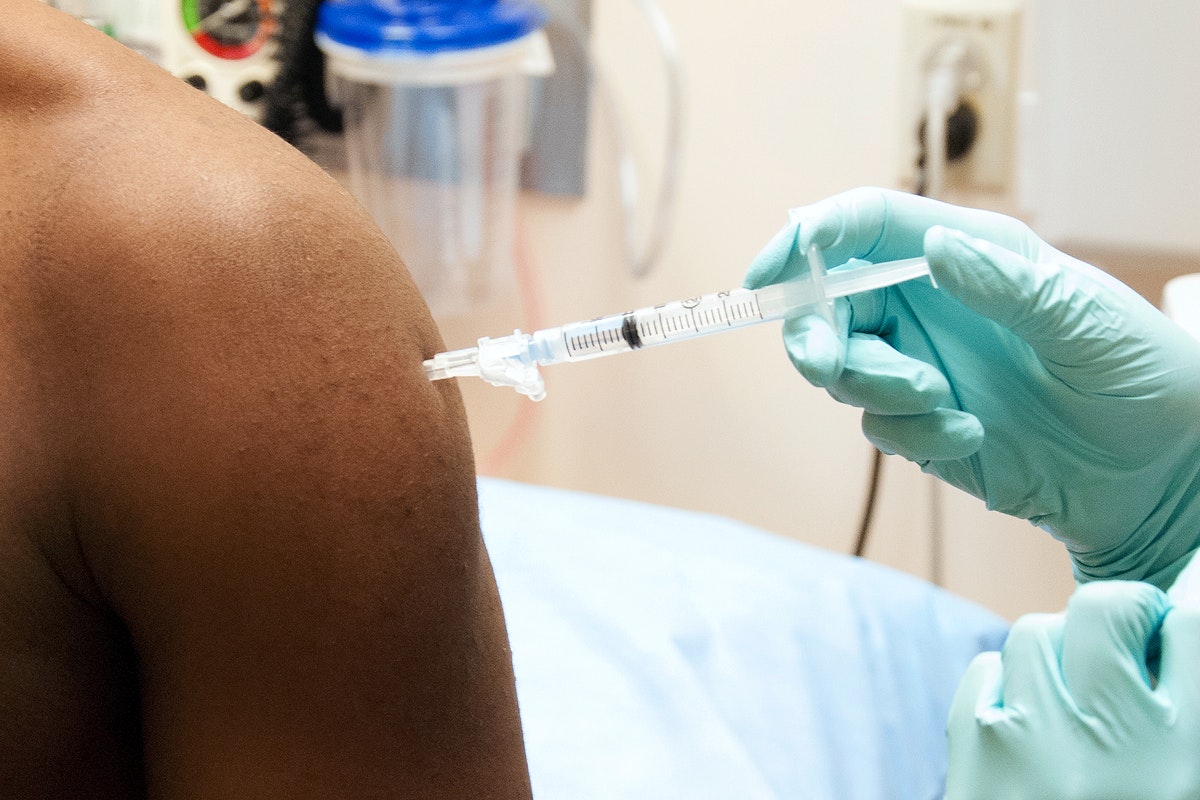We’re publishing an original piece today by a scientist who has been involved in university teaching and research in biology and scientific enquiry for 35 years. It’s about the Yellow Card reporting system the vaccine regulator has put in place to document the adverse effects of the Covid vaccines and the author is sceptical, to put it mildly. Here’s an extract:
As a means of providing data to establish a causal relationship between vaccination and an adverse event, the Yellow Card scheme is fundamentally flawed. It does not yield data from a control group against which to compare the vaccinated group. In this situation all that can be established is a temporal association between vaccination and an adverse event and there is no means of establishing causation. Using this approach, it can always be argued that any association that is found is merely a coincidence. The Yellow Card scheme, because it is not founded on fundamental principles of good experimental design, is therefore not fit for the purpose of increasing our understanding of either the beneficial or the adverse effects of COVID-19 vaccines. It is not providing the protection from the possible harmful effects of COVID-19 vaccination that the UK public deserves.
Aside from this fundamental flaw, the Yellow Card scheme does not even generate a reliable summary of suspected adverse events that follow after vaccination. The reason for this is that it relies on a voluntary app-based reporting system which places the onus either on medically unqualified patients, carers and parents, or on qualified but more distantly connected medical staff to make a connection between vaccination and an adverse health event, and thereafter to file a report on this suspected connection. It takes little critical scrutiny to realise that a system based on these principles will be subject to huge underreporting either by individuals who are not medically trained to make such connections, or by medically trained staff who lack a close temporal connection with vaccinated individuals. A simple illustration of this fact is that in the Phase 2 COVID-19 vaccine trials, where individuals were comprehensively monitored for adverse events, the reported rates for symptoms such as headaches and fatigue were of the order of 30% – 50%, whereas under the Yellow Card scheme they were of the order of 0.3% – 0.5%. Only 1% of these events are being reported by the Yellow Card scheme. Not only is there huge underreporting, but we also anticipate considerable bias in a voluntary reporting scheme; those who believe that vaccines may do harm will be motivated to make a report, while those who are predisposed to dismiss a connection between vaccination and harm will not take the trouble.
Worth reading in full.












To join in with the discussion please make a donation to The Daily Sceptic.
Profanity and abuse will be removed and may lead to a permanent ban.
“Is the MHRA’s Yellow Card Reporting System Fit For Purpose?”
Of course it won’t be – along with test and trace, PCR, vaccine testing, vaccine passports, lockdown, mask wearing etc
If we’d have just washed our hands a bit and helped genuinely sick people to stay at home we’d have saved tens of thousands of lives and the economy (which means lives) in the UK and tens of millions of childrens lives abroad.
But we are governed by mentalists who have outsourced the running of the country to a bunch of mathematical modellers who don’t even accept it’s a seasonal virus
It’s purpose seems to be a way of recording pointless data which is never acted upon because the underlying assumption is that no causal relationships can be inferred.
In that sense, it works perfectly.
To mass vaccinate a population with something almost straight out of the lab is unforgiveable. To then not properly look for adverse consequences is criminal
On the ‘Yellow Card’ system : I’ve been surprised at the percentage of quite severe 24hr reactions that people have mentioned (and, yes, there does seem to be a gender bias).
However, most of those are not reported in the cases that I know of.
While being correct the above commentary does not tell us how troubling the data is that MHRA has succeeded publishing, particularly regarding the Oxford/AstraZeneca product.
Between 14 and 21 February the Oxford/Astra had 11,490 Yellow Cards. This is an article I wrote last week.
https://childrenshealthdefense.org/defender/uk-data-deaths-following-covid-vaccines/
Refs:
https://www.gov.uk/government/publications/coronavirus-covid-19-vaccine-adverse-reactions/coronavirus-vaccine-summary-of-yellow-card-reporting
https://assets.publishing.service.gov.uk/government/uploads/system/uploads/attachment_data/file/966631/COVID-19_mRNA_Pfizer-_BioNTech_Vaccine_Analysis_Print__2_.pdf
https://assets.publishing.service.gov.uk/government/uploads/system/uploads/attachment_data/file/966183/COVID-19_AstraZeneca_Vaccine_Analysis_Print.pdf
The fatalities are an outrageous fudge. The issues raised in January by Norwegian reports have not been addressed. Probably by now there are tens of thousands of deaths following vaccination, and one question which remains is whether we should have been vaccinating the very frail. On the other hand if you have 456 deaths ascribed to the vaccine is this acceptable just because it is dangerous disease?
Depends on your agenda.
On reflection the commentator is wrong to compare acknowledged levels of reaction with Yellow Card reports: presumably the people who made reports, or had reports made on their behalf did not just get routine side effects but rather more than they bargained for. But these will be under-reported because people are too sick or exhausted, because people around them are too busy, because people get on with there lives when it is over, because people don’t know or aren’t competent, because there is overwhelming hostility to reporting harms of vaccines – nevertheless with the Oxford/AstraZeneca reports have reached above 1 in 200 administrations, which I suspect is unprecedented for any product, but has failed to raise a Red Flag.